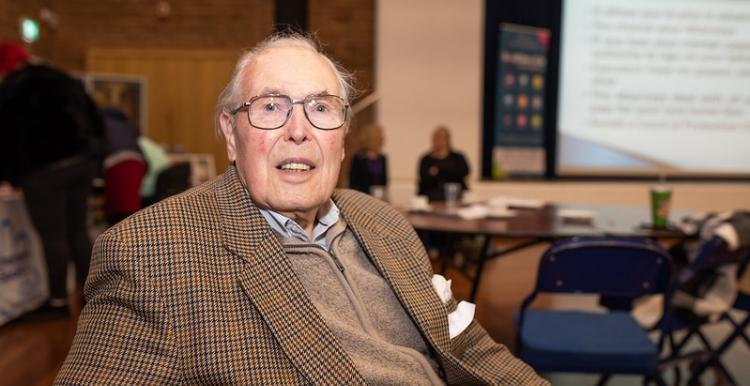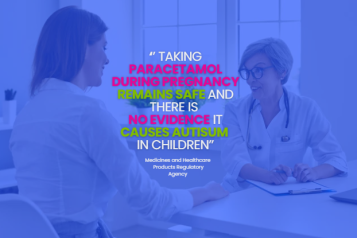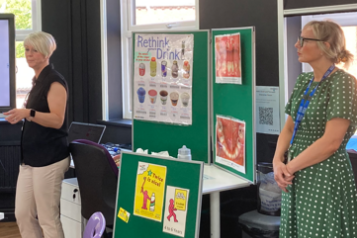Coronavirus: What does shielding mean?

National lockdown
to help stop the spread of coronavirus, the government is advising everyone to stay at home from 5th January 2021.
If you have been told that you are at high-risk from Covid-19 (clinically extremely vulnerable) you should not attend work, school, college or university, and limit the time you spend outside your home. You should only go out for medical appointments, exercise, or if it is essential.
This page will be updated once further guidance is available. To check the latest Government guidance please visit Gov.uk
What advice should I follow?
You should follow the advice based on the tier of your area.
To find out which tier your area sits in use the postcode finder.
To find out the latest advice from the Government relating to tiers and shielding see here.
I'm in tier 4 and a clinically extremely vulnerable person - what do I do?
If you are in tier 4, you are advised to say at home as much as possible
You are advised to:
- Stay at home
- Only travel if essential
- You can go outside, but keep all contact with others outside of the household to a minimum, and avoid busy areas.
- If you cannot work from home, then you should not attend work.
- If you child's doctors have confirmed your child is still considered clinically extremely vulnerable, your child should follow shielding advice and should not attend school.
Further support will be made available from your local council and community pharmacies to help protect you during this period of heightened risk.
How do I get food and medication if I need to shield?
Ask family, friends and neighbours to support you and use online services.
NHS Volunteer Responders will offer support with:
- collecting shopping, medication (if your friends and family cannot collect them for you) or other essential supplies
- a regular, friendly phone call, either with someone else who has previously been advised to shield or with different volunteers
- transport to medical appointments
- Call 0808 196 3646 between 8am and 8pm to arrange support or visit the NHS Volunteer Responders website Speak to you health care professional to arrange transport support.
What support will I be able to access as a "clinically extremely vulnerable person" (but not told to shield)?
You will still be able to get:
- Local volunteer support by contacting your local authority
- Prescription, essential items and food you buy delivered by NHS Volunteer Responders
- Priority slots for supermarket deliveries (if you previously registered for free food parcels)
Tell us about your experience of care
Has your health and/or social care been disrupted by COVID-19? Whether it's good or bad we want to hear from you.
It only takes five minutes and your feedback can help NHS and social care services understand the steps they can take to improve care for you and your loved ones.
Frequently asked questions
The following Q&A, based on information provided by the Government, aims to help you to get some of the answers you need to know about what shielding means in practice.
What does "shielding" mean?
Shielding is the word used to describe how to protect those at highest risk of severe illness if they catch COVID-19. You can shield yourself following the Government guidance, and shield others by minimising all interaction between yourself and those who are most at risk.
Will I be asked to shield again?
As of 20th December, people in Tier 4 and above are being asked to 'shield' should they be classed as 'clinically extremely vulnerable' to COVID-19.
You name will be kept securely on the shielded patient list by NHS Digital and you will be written to if the advice changes.
To view the latest advice for the 'clinically extremely vulnerable' click here.
I haven't been contacted but I think I am in the high-risk group - what should I do?
If you have not received a letter or been contacted by your GP or hospital consultant, but feel you are within the high-risk category, you should contact your GP practice or hospital team. If you are unsure, check the list on the Gov.uk website to see if you are in the most at risk/extremely vulnerable group.
My main carer is unwell - what do we do?
Speak to your carers about back-up plans for your care in case your main carer is unwell or needs to self-isolate.
You should have an alternative list of people who can help you with your care if your main carer becomes unwell. You can also contact your local council for advice on how to access care.
I am worried that shielding is going to affect my mental health - what do I do?
Try to stay in touch with those around you over the phone, by post or online. Let people know how you would like to stay in touch and build that into your routine. This is important in looking after your mental wellbeing and you may find it helpful to talk to them about how you are feeling if you want to.
Remember, it is okay to share your concerns with others you trust and in doing so you may end up providing support to them too. Or you might want to try an NHS recommended helpline.
You can refer yourself to NHS Volunteer Responders for a phone call from an NHS Volunteer, or by calling 0808 196 3646 (8am to 8pm). We know that many people in the shielding group will already have good support networks among family, friends and neighbors, but if you don't, the volunteers can help with a range of support, from transport to and from hospital appointments to 'check in and chat' - a simple call off a volunteer to check that you are doing ok.
Healthwatch England have also put together some advice on how to look after your mental health during this time.
Got another question?
To find more detailed answers to these and other questions, read the Government guidance on shielding and protecting people defined on medical grounds as extremely vulnerable from COVID-19.


